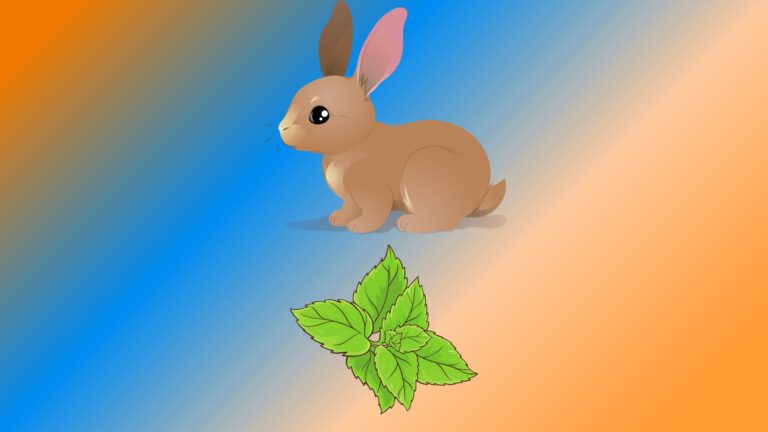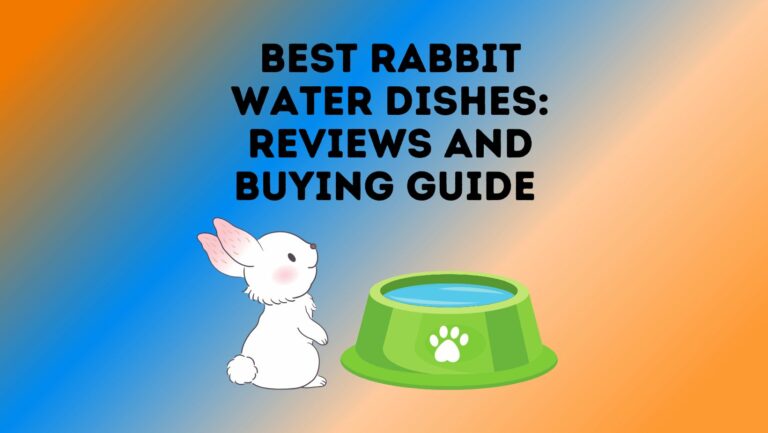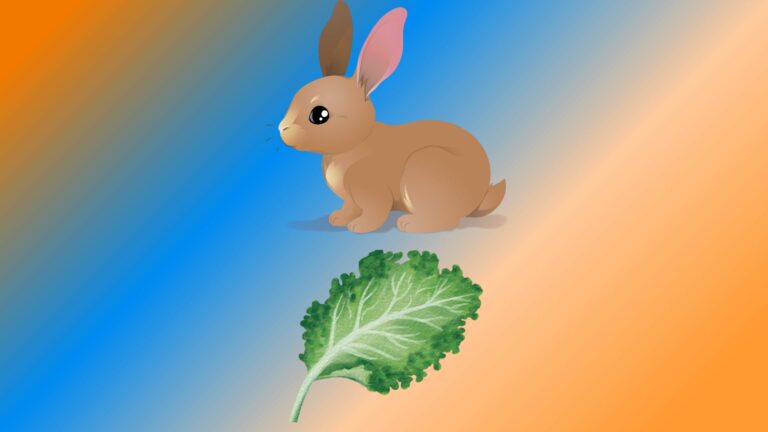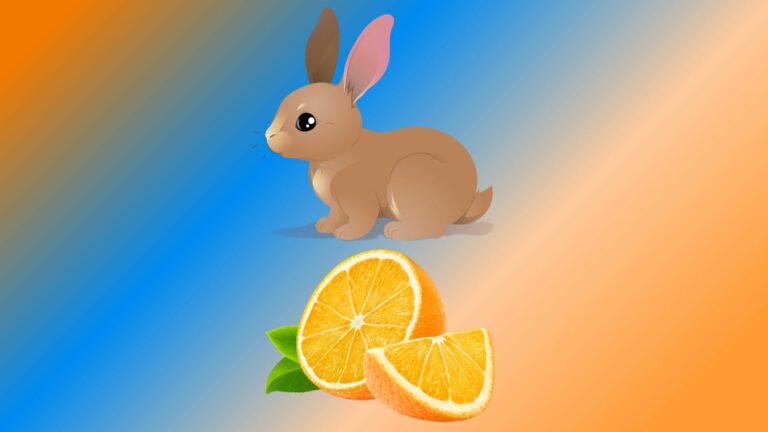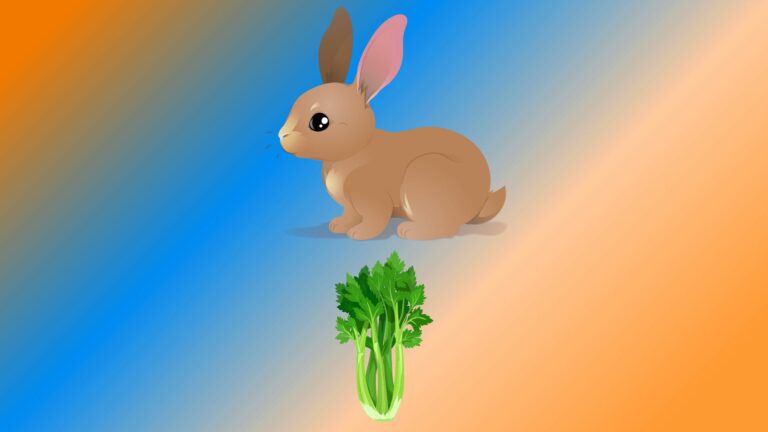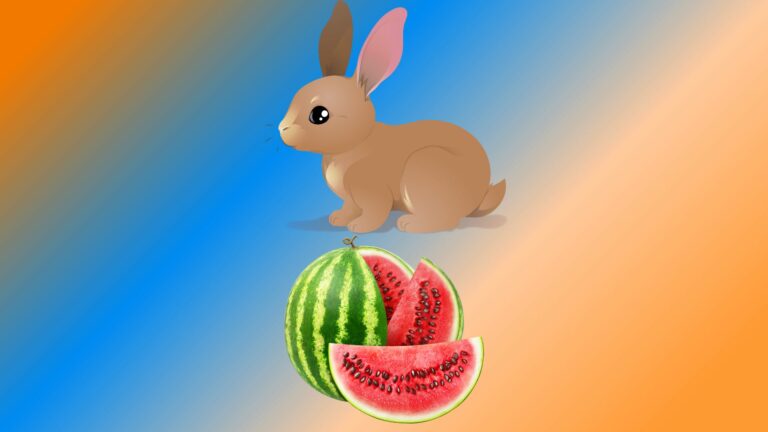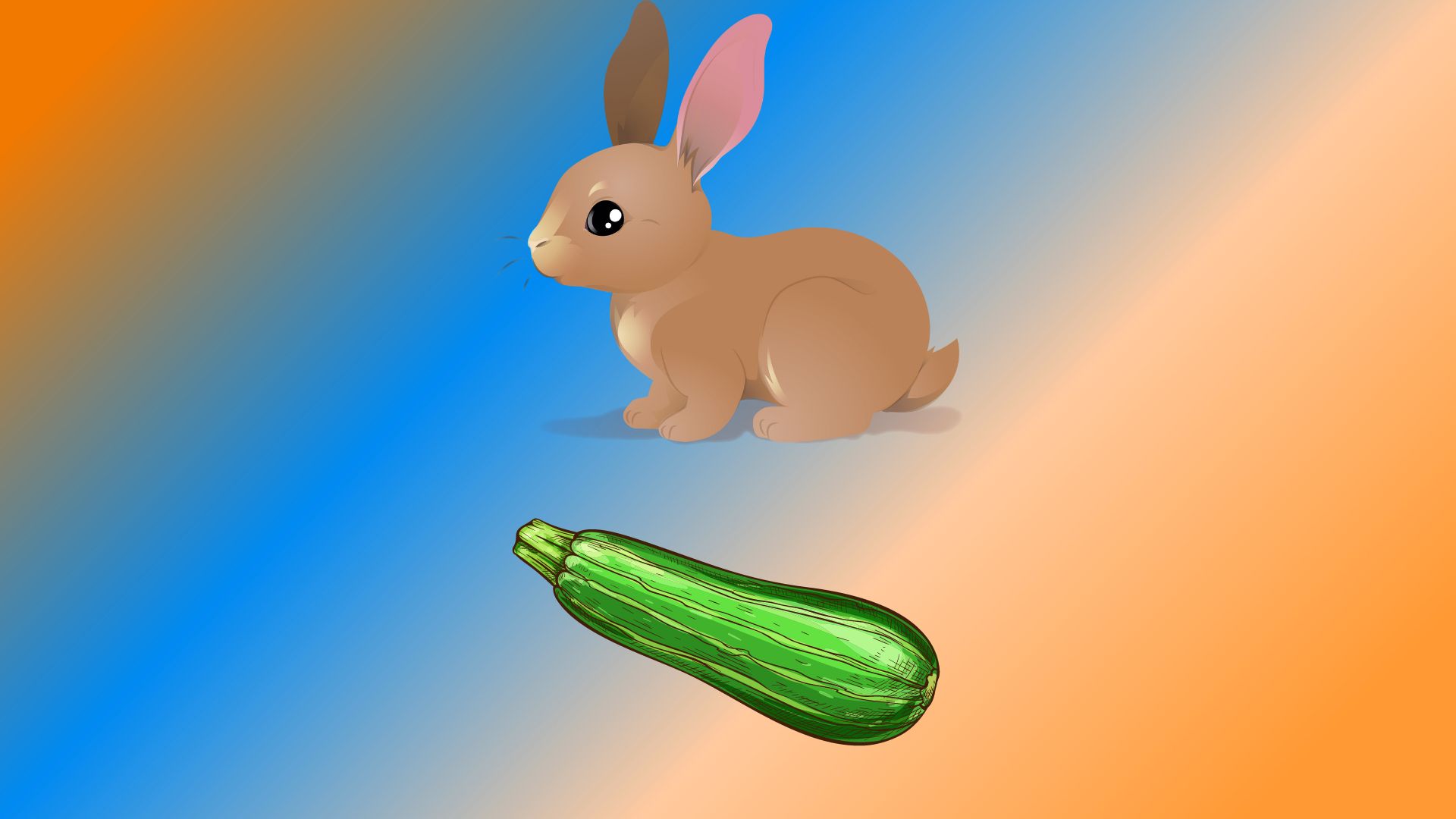
Zucchini is a vegetable that belongs to the squash family alongside butternut squash and acorn. The vegetable is known for its firm structure, pale interior, and dark green skin. Zucchini has lots of culinary uses, but is it a vegetable that your pet rabbits can delight in eating? Let’s find out!
Most definitely! Rabbits delight in eating zucchini and most other plants that are members of the Cucurbitaceae family, including squash, cucumber, cantaloupes, and melons. Zucchini isn’t only tasty for rabbits, but it offers a great deal of nutritional value that will keep your pets healthy.
However, you shouldn’t center your rabbit’s diet around a single type of vegetables. Zucchini, or any other vegetable for that matter, must be treated like treats that you offer your pet bunnies on a not-so-regular basis. A rabbit’s diet should include hay, high-fiber pellets, and fresh greens.
It’s actually advised by the People’s Dispensary for Sick Animals, which is the leading veterinary charity in the UK, to feed your rabbits zucchini on a daily basis as a supplement. However, like a lot of fruits and vegetables, you should feed your pet rabbits zucchini in small quantities.
Zucchini Flowers, Leaves, and Skin?
If you’re going to feed your bunnies zucchini, we recommend not peeling it, as it’s not necessary at all. As far as the zucchini skin, you can feed it to your rabbits as well. However, you should be offering it in smaller quantities just like you should do with any other non-leafy vegetables.
Considering that zucchini seeds are soft, you don’t need to remove them. Your bunnies can also eat zucchini flowers and leaves. However, when serving your bunnies flowers and leaves, make sure they’re fresh and that they’re served in small amounts as not all rabbits will like them.
We’d like to point out that zucchini isn’t a bunny’s go-to food. In fact, you’ll find that the bunnies in your garden will more often nibble other types of vegetables than they do zucchini. You’ll find that they like to nibble vegetables like lettuce, beet greens, bell pepper, kale, broccoli, clovers, peas, and so forth.
What About Frozen and Cooked?
Storing blanched zucchini in the freeze is totally fine. And by blanched zucchini, we mean sliced and cooked in boiled water. Boiling zucchini actually helps drain the excess water, which does a brilliant job of reducing the risks of diarrhea. So cooked zucchini is also fine for rabbits.
Benefits of Zucchini for Bunnies
Zucchini contains a considerable deal of fibers, folate, potassium, carbs, proteins, magnesium, zinc, chlorine, and vitamins A, B1, B2, B3, B6, and C. Nutrients aside, zucchini is made of 93% water and it’s low on calories. The USDA also reports that zucchini contains lots of minerals.
Zucchini has a lot of health benefits to offer, one of which is slow ageing, as it contains plenty of antioxidants that help neutralize free radicals. Moreover, zucchini can help with weight loss. It also improves digestion, lowers blood pressure, reduces inflammation, and many more.
Due to the fact that zucchini contains a lot of fibers and little to no fat, it’ll be very easy for your rabbits to digest, which will help improve their overall health. Zucchini is also rich in potassium, which helps improve your rabbit’s muscle development and nervous system tremendously.
As you can see, zucchini will grant your bunnies plenty of health benefits. However, that doesn’t mean that your rabbits will like it. Some rabbits do, and some rabbits don’t. All you have to do is offer it to them and if they seem to like it, you can start to incorporate it as a part of their diet.
Feeding Zucchini to Your Rabbit
Incorporating new food into your bunny’s diet isn’t as easy as just serving them the food. It’s vital to keep in mind that rabbits are sensitive as far as new foods. Adding a new food without taking that fact into consideration may result in your rabbits suffering from stomach upsets or diarrhea.
If you’re trying to include zucchini as a part of your rabbit’s diet, you want to start by feeding it to them in small portions first. Observe how your pets react after eating their new vegetable for the first time after having it in the rabbit feeder. This doesn’t just apply to zucchini, it applies to all new food you’re trying to introduce.
If your rabbits seem to have enjoyed their first taste of zucchini and no signs of stomach upsets are apparent, then feel free to add it as part of their diet. If somewhere along the line you notice your rabbits getting soft stools, stop the zucchini for about a week, and then you can try it again.
If you have younger rabbits, make sure you exclude them from any diet that involves soli foods, as they should be relying on their mother’s milk for the first 6-8 of their lives. After that period of time passes, you can start to introduce solid foods like zucchini in very small portions.
Downsides of Zucchini for Rabbits
With zucchini or any vegetable or fruit for that matter, it’s all about quantity. If you add zucchini to a hay-based, well-rounded rabbit diet, you don’t have to worry about it posing any threats to your pet’s health. Just make sure you don’t overfeed it to your pet. Keep things in moderation.
But while there aren’t any inherent threats that zucchini can pose to your rabbit if it’s a part of a well-rounded diet, not all rabbits are the same. Some rabbits might enjoy zucchini, while others might not. The only way to find out if zucchini is palatable food for your rabbit is to let them try it a little bit at a time.? From there, just pay attention to how they receive it and how their digestive system responds.
Final Thoughts
Zucchini may not be a rabbit’s go-to vegetable, but it does a splendid job of providing your furry friend with a lot of vital nutrients. As with any vegetable, you need to serve zucchini as part of a hay-based, well-balanced diet of pellets or other hays. If you have any questions, please feel free to let us know.

